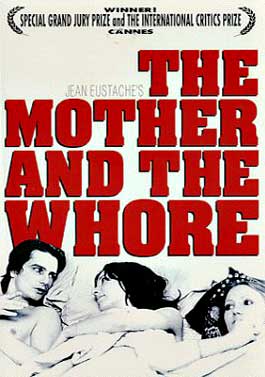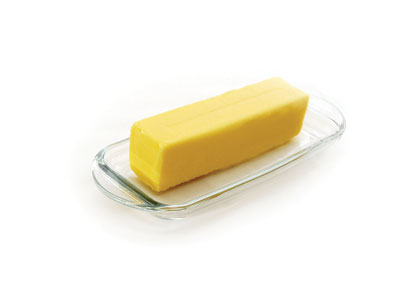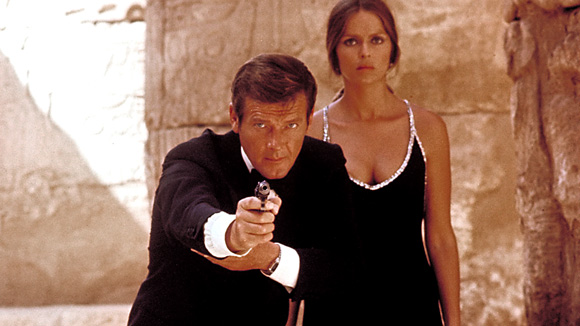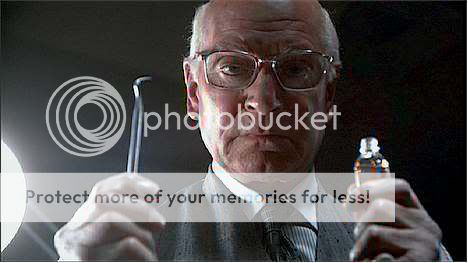You're right, I got a little far away from the original post and was simply defending the cinematography angle. But in terms of the rest of the elements, no I don't think it stands out, aside from "tone", which is again debatable.
Yeah, his original statement implied looking at "set design," "tone," and thus practically all aspects that go into a film's
visual which is, well, most of a film. At least the kind of film I gravitate towards. So all the things that go into an aesthetic, like mise-en-scene, composition, production design, choreography (of actors, dance numbers, background extras/traffic/whatever, action), visual or special effects, and of course the cinematography (lighting, filters, film stock,
aspect ratio [and I recently had an interesting conversation on another forum about our preferred aspect ratios], camera movement) and I'd suggest even something like editing is intrinsically tied to the visual aesthetic of a film. Most of these falling under the control of the auteur director, even back into the studio era before the term came about. So I think if we're aiming to assess the visual appeal of a particular period or decade or anything, we're going to look at what the masters of any given period at the height of their talents are doing in film.
Not to mention technique and aesthetics are something that just continues to change, like fashion, and grow like technology and build upon itself over time, so even from that perspective I don't think it's possible to point out any one period above others. Every time has its masters and they're always doing interesting and progressive and beautiful things within (or frequently without of) the trends and aesthetics of the time. So really I think it just comes down to basic individual preference towards which artists are doing the work you gravitate towards at any given point, thus negating any sort of "obvious" elevation of a particular decade or period.
Personally I'd say I prefer the "visuals" of the 60s or 90s, given the sorts of aesthetic and stylistic things my favorite filmmakers of the times were doing, or even the 2000s (which one could make a similar argument for based purely on the rise of an entire new era of film, digital, and all its implications. But it's hardly a science, and is limited by the artists whose work I've had access to and responded to.






